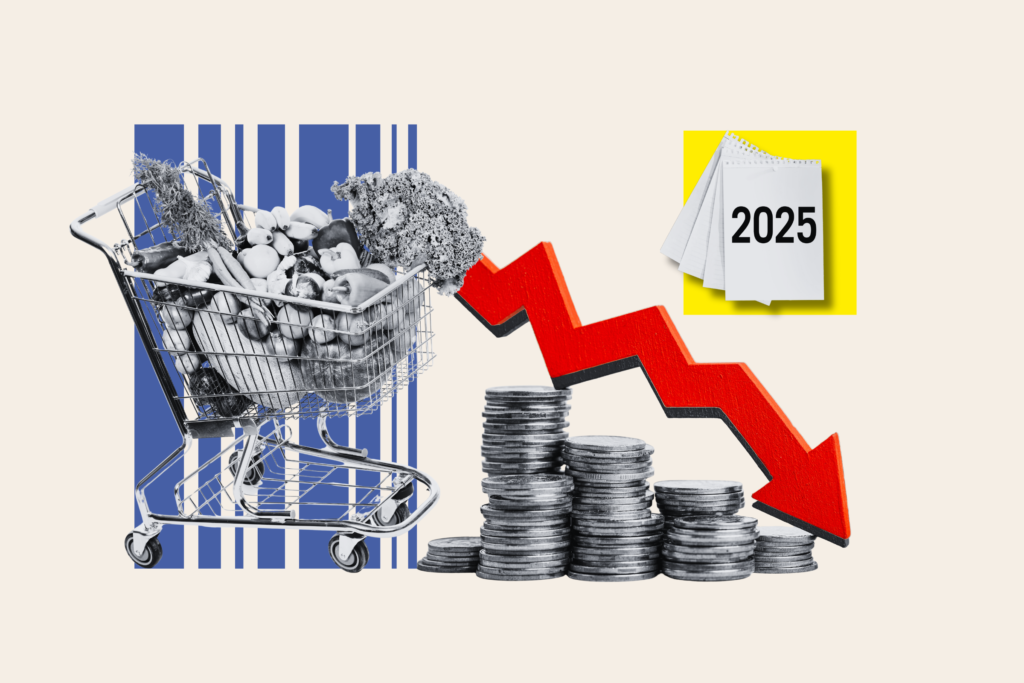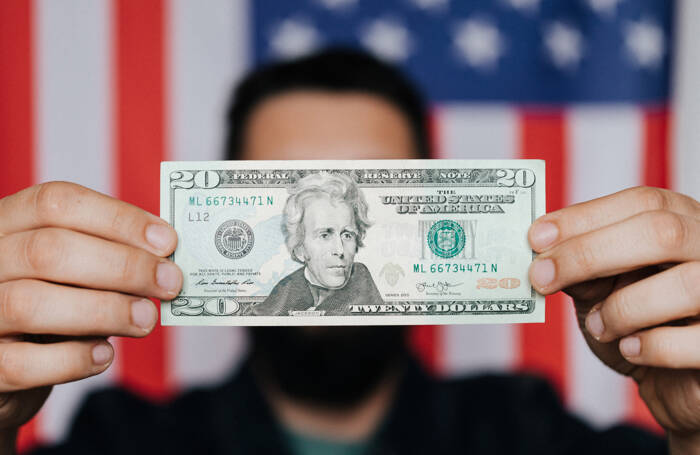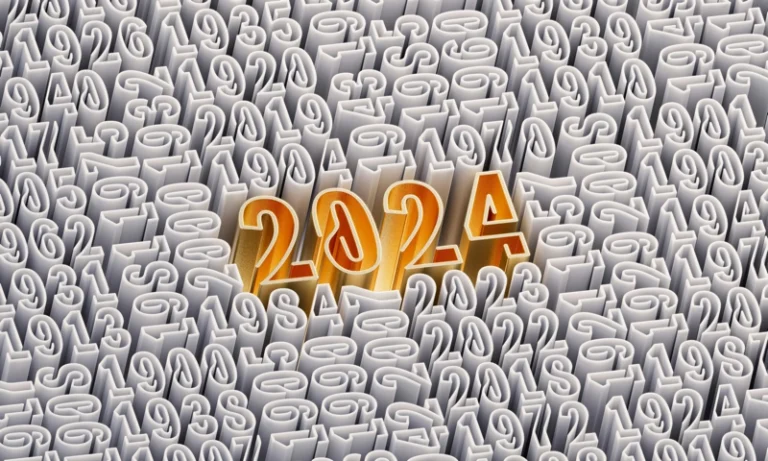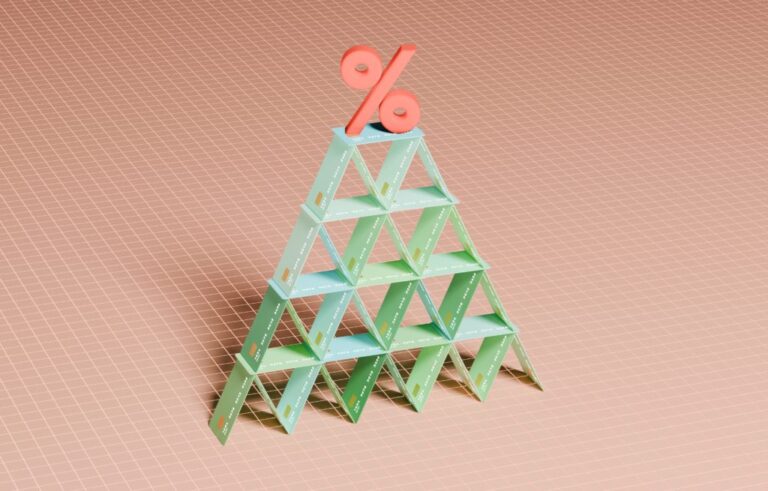
<span class="cap" id="short-cap-description">Federal Reserve Chairman Jerome Powell speaks during a news conference on December 18 in Washington, D.C. Powell announced that the Federal Reserve was lowering interest rates by a quarter percentage point to a range of...</span> <span class="cap" id="full-cap-description" style="display: none;">Federal Reserve Chairman Jerome Powell speaks during a news conference on December 18 in Washington, D.C. Powell announced that the Federal Reserve was lowering interest rates by a quarter percentage point to a range of 4.25 percent to 4.5 percent.</span> <button onclick="toggleCap(this)" id="read-more-cap">More</button> <span class="credit ar23-credit">Getty Images</span>
- Asian shares are mixed ahead of key US inflation data
- US equity funds receive big inflows on cool inflation, funding bill, and holiday rally By Reuters
- European stocks slip marginally lower; Spanish inflation ticks up By Investing.com
- Fed Faces Inflation. Volatility Looms.
- Base Metals Gain Ground As Dollar Weakens And Inflation Cools
What’s New
With a new year and a new White House administration looming, Newsweek spoke with some of the leading economic and political experts about what inflation could look like in 2025.
Bạn đang xem: Will Inflation Come Down in 2025? Experts Weigh In
President-elect Donald Trump put the economy at the heart of his successful campaign, and with his imminent return to the White House, has already made it clear he wants to make several significant changes to the economy that could drastically impact inflation.
Newsweek contacted the Treasury Department and Trump transition team for comment.
Why It Matters
The economy was the most important issue for voters in the 2024 election and dominated much of the discussion between Trump and Vice President Kamala Harris.
Many voters had a negative view of President Joe Biden’s handling of inflation, and Trump held a solid lead on the economy throughout the campaign.
Trump has already announced significant changes from the Biden administration, such as tariff hikes and government spending cuts, that could significantly influence how inflation could change in 2025.
What To Know
Xem thêm : Survey: Inflation Is Still the Public’s Top Concern
Biden has consistently claimed that the economy under his leadership has been performing well, saying that U.S. inflation was “the lowest in the world” in March.
Later on in August, Biden was asked if the U.S. had beaten post-pandemic inflation, which peaked at 9 percent in 2022. The president replied: “Yes, yes, yes.”
However, many voters associated Biden and Harris with higher prices, particularly for gas and groceries. And while Trump has pledged to lower prices on the campaign trail, his blanket tariff policy on two of the U.S.’s largest trade partners, Mexico and Canada, has some economic experts concerned about inflation in 2025.
What People Are Saying
“Presidents don’t have as much control over the economy as they would like, in part because presidents don’t have as much control over anything as they would like,” professor Peter Loge, director of public affairs at George Washington University and a former adviser within the Obama administration, told Newsweek.
“Unilateral actions from the Trump administration, from rolling back Biden’s policies, to lifting health and safety regulations, to imposing tariffs could have significant impacts on the economy.”
Loge said that going into 2025, the U.S. would have a relatively strong economy, with inflation at close to 2 percent, and that “the prudent policy would be to stay the course.”
“People don’t experience the economy. We buy groceries, and groceries can be expensive. When I go grocery shopping, I see how much peanut butter costs. I do not see what it would cost if other policies were in place, or how much it costs in Spain or Tokyo. I think, ‘wow, that costs a lot.’ This economy is a bit like turning 60. I don’t love that I’m getting older and everything hurts a little more than it used to, but it beats the alternative.”
Xem thêm : UK inflation rises further above Bank of England’s target in November
One area that economic experts have been highlighting as a potential cause of higher inflation is tariffs. Trump’s proposed 25 percent tariff policy has already sparked concern, as it would impact Canada and Mexico, which are the U.S.’s largest trading partners.
Getty Images
Trevor Tombe, a professor of economics at the University of Calgary and author of one of the leading studies on the impact of U.S.-Canada tariffs, told Newsweek that Canada would likely retaliate against the U.S. economy if Trump’s proposals were implemented, and that it would be done in conjunction with other nations.
“It is more likely than not that Canada would respond with its own trade policy measures, but this would be in close concert with other countries. It is unlikely that Canada would act alone,” Tombe said.
“Even a 10 percent U.S. tariff on imports would have significant negative impacts on both the U.S. and Canadian economies. If there were retaliation by other countries, the economic damage would be even greater, with U.S. incomes falling by nearly 1 percent. That’s equivalent to approximately $800 per person in the U.S., so a large economic cost.”
Loge agreed with Tombe’s assessment, saying: “We buy a lot of things made overseas because they cost less than things made in the U.S. A tariff makes things made somewhere else more expensive.
“One result is that we may make more things in the U.S., and we may buy more things made in the U.S. Those things, by definition, are more expensive. A tariff makes products cost more to import, which makes products more expensive to buy. The more something costs to sell, the more it costs to buy. Tariffs make products more expensive to sell, therefore more expensive to buy.”
What Happens Next
Trump’s economic agenda will begin in earnest in late January, when he is sworn into office. Provided there are no upsets in the Senate appointment process, financier Scott Bessent will join his Cabinet as treasury secretary.
Do you have a story we should be covering? Do you have any questions about this article? Contact [email protected].
Nguồn: https://estateplanning.baby
Danh mục: News




